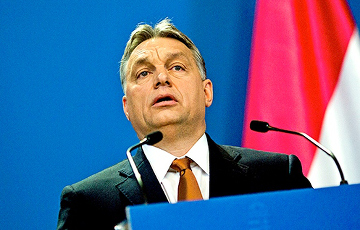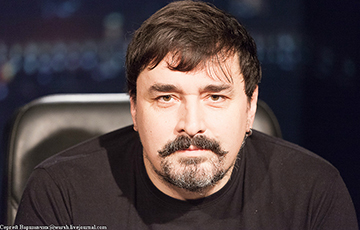Orban: Russians Understand Only The Language Of Force
20- 9.06.2025, 18:40
- 14,460

Putin's main ally in the EU made an unexpected statement.
Hungarian Prime Minister Viktor Orban said that Moscow on the international arena responds only to displays of force and Europe needs to build up its power. "I think the Russians only understand the language of force <�...> Europe needs to strengthen itself in the long term, a strategic agreement with Russia is necessary," he said in an interview with French television channel LCI.
He said Russia does not have enough power to force Ukraine to capitulate and it follows that there will be no further spread of the conflict. "The Russians are too weak for that. They cannot even defeat Ukraine, so they cannot really attack NATO," the Hungarian prime minister emphasized.
At the same time, he repeated his thesis that Kiev "is not worthy of becoming a member of NATO or the European Union." He justified his position by saying that in such a scenario, the threat of a direct war with Russia would loom over Hungary and the EU. "I think we understand the history of Ukraine a little better than the French <�...> We believe that we should not like the Russians, but we should negotiate with them," Orban noted.
He had earlier said that Ukraine would not become a NATO member and would turn into a "buffer zone" between Russia and the North Atlantic Alliance after the war.
The Hungarian prime minister also recalled during the interview that he had previously urged European leaders to resume dialog with Vladimir Putin, as he believes that a peaceful settlement in Ukraine is impossible without it.
Orban, along with Slovak Prime Minister Robert Fitzo, is considered Putin's main "ally" in Europe, and he has previously repeatedly called for the lifting of anti-Russian sanctions and blocked EU initiatives to help Ukraine.
As Politico reported in April, a number of EU countries are preparing to move the issue to the national level in order to protect the process of agreeing Europe-wide restrictions on Moscow from Orban. It is expected that if this idea is adopted by several leading countries of the union, Hungary will lose its ability to limit EU decision-making (each of which must be approved by the 27 member states).











